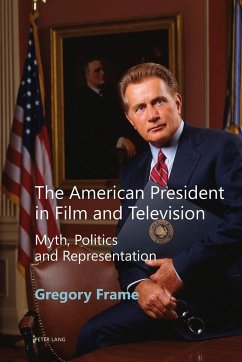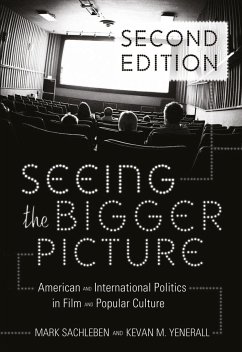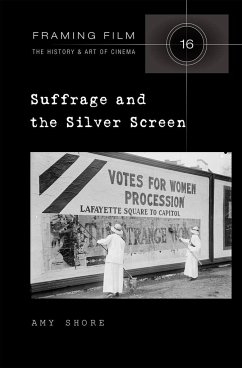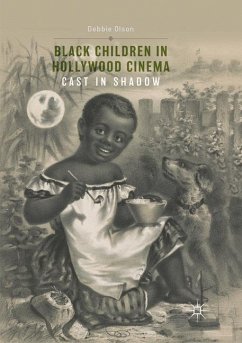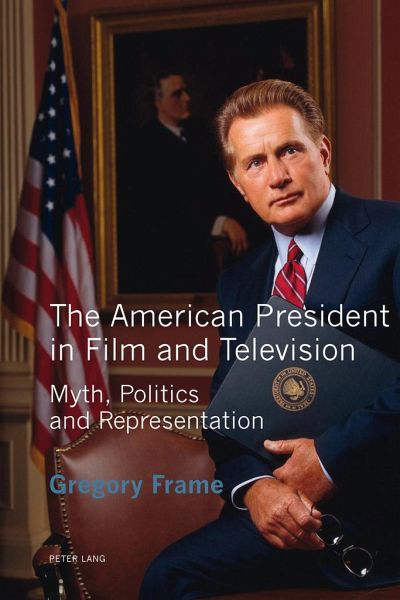
The American President in Film and Television
Myth, Politics and Representation
Versandkostenfrei!
Versandfertig in 6-10 Tagen
98,10 €
inkl. MwSt.
Weitere Ausgaben:

PAYBACK Punkte
0 °P sammeln!
Runner-up for the BAFTSS 2016 Best Book Award Why are fictional US presidents everywhere on screen? How do these constructs relate to our understanding of the presidency as an institution and the United States as a nation? This book sheds new light on fictional representations of the leader of the United States by analysing key films and television series from the early 1990s to the present day. Combining textual analysis with close attention to political and historical contexts, it addresses the ways in which representations of the president have responded to a period of profound change in Am...
Runner-up for the BAFTSS 2016 Best Book Award Why are fictional US presidents everywhere on screen? How do these constructs relate to our understanding of the presidency as an institution and the United States as a nation? This book sheds new light on fictional representations of the leader of the United States by analysing key films and television series from the early 1990s to the present day. Combining textual analysis with close attention to political and historical contexts, it addresses the ways in which representations of the president have responded to a period of profound change in American politics and society, encompassing the end of the Cold War, 9/11 and the collapse of the economy. Exploring the complex relationship between the political context and the generic, iconographic and narrative parameters upon which mainstream cinema and television are based, this book challenges the tendency to equate content with context. Instead, contemporary representations of the president are examined as critiques of, or reinforcements to, dominant conceptions of political leadership. The reasons behind the proliferation of images of the president during this period are explored, from the archetype in American genre cinema (Air Force One, Independence Day and Deep Impact) to the idealised fantasy figure in network television (The West Wing, 24 and Commander in Chief). This book offers unique insights into the roles mainstream cinema and television continue to play in the reinforcement of mythological conceptions of the American presidency.




